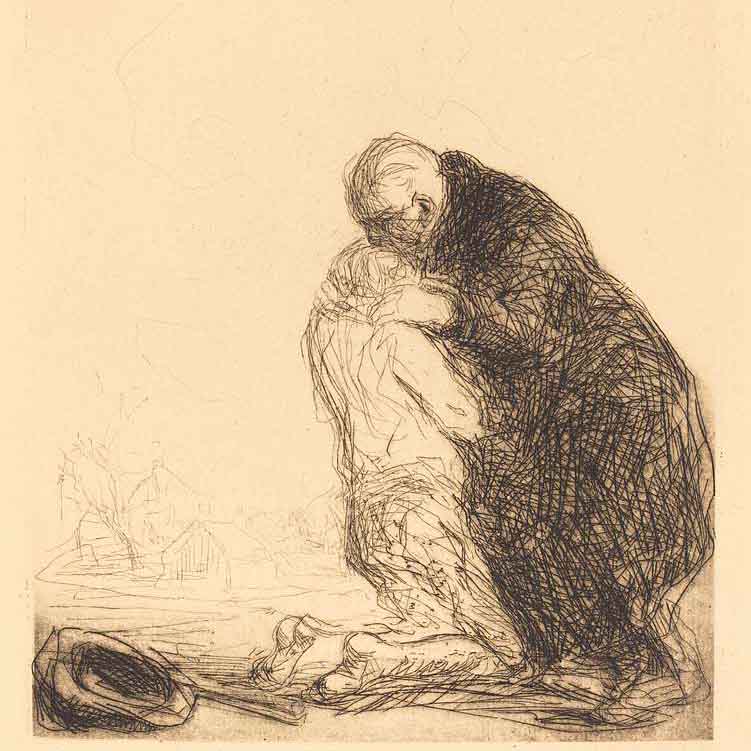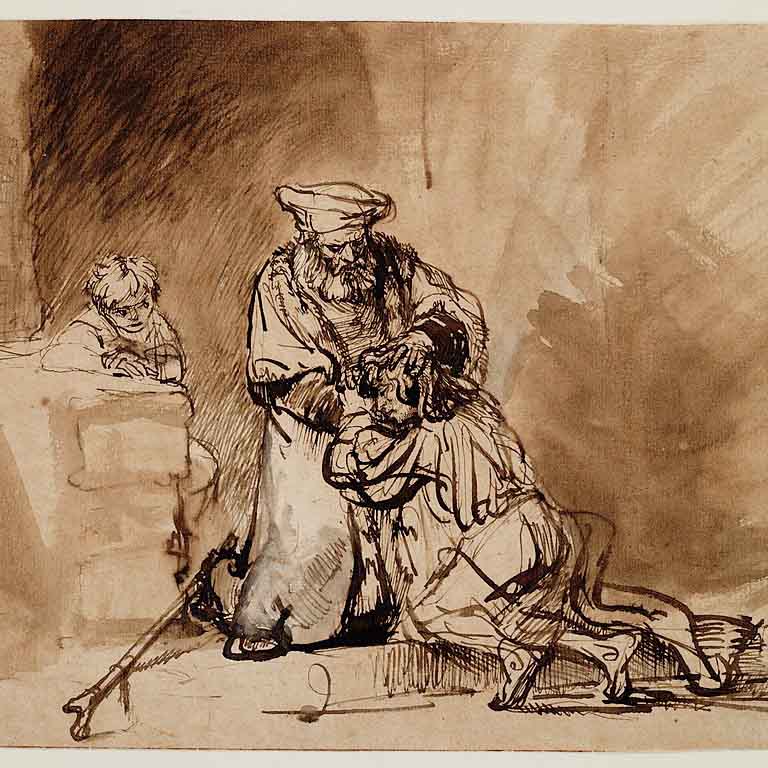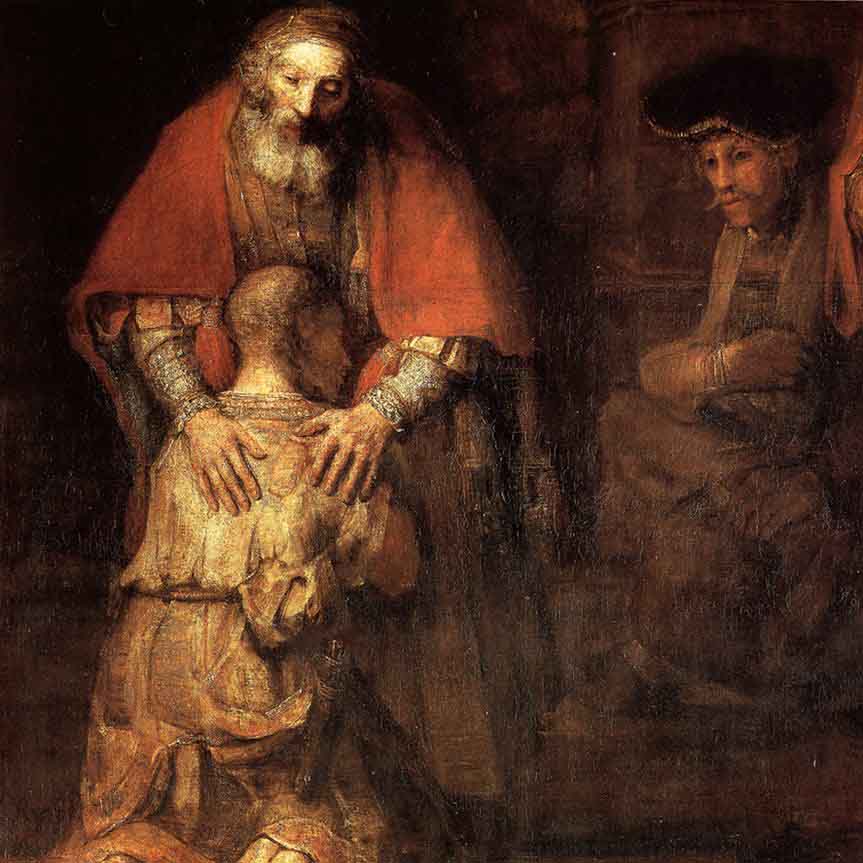This episode is the first of a three-part series on the Gospel of Matthew. Our bible besties take a journey back into Matthew’s time, exploring questions about who wrote the Gospel of Matthew, what makes it special, and why the early Church thought it was so important.
What’s a Gospel?
The word “Gospel” is derived from the Latin “evangelium”, which means good news. The Gospels are the primary source of the life and teachings of Jesus Christ. This not only sets them apart from the rest of the books in the Bible, but also makes the Gospels the heart of all the Scriptures (CCC 125).
Who wrote the Gospel of Matthew?
Matthew, a Jew, worked as a tax collector for the occupying Romans, and was considered a traitor by his fellow Jews. He became a disciple of Jesus after responding to Jesus’ call to “follow [Him]” (Matt 9:9). The Gospel of Matthew, which is rife with Jewish references, is traditionally attributed to Matthew the Apostle and Evangelist. Although this is disputed by modern scholars, the case for Matthew’s authorship has been made for a couple of reasons. For one, the level of detail in the accounts of the early apostles and Jesus’ life, cast from a Jewish perspective, could only have been achieved by someone in Matthew’s position — a Jew and one of the Twelve Apostles. Further, the Gospel of Matthew contains details that are not in the Gospel of Mark, which some have argued is the source material for Matthew’s Gospel.
What makes Matthew’s Gospel special?
The first of the four Gospels, the Gospel of Matthew was favoured by the early Church. Written for a Jewish-Christian audience, its heavy use of Jewish references and emphasis on the Messianic prophecies seek to reveal Jesus as the fulfilment of God’s old covenants with the Jewish people. Matthew details many of Jesus’ teachings, actions and miracles, but shies away from an explicit declaration of Jesus’ divinity. A Jewish audience would have been impelled to make the connection between the Messianic figure in the prophecies of old and Jesus. It becomes clear that Jesus is the climax of salvation history in Israel. The whole Gospel, and crucially the figure of Jesus, can then only be fully understood and interpreted in light of Israel’s history.
“Whether you are new to the Bible or have read it numerous times, brace yourself to meet the captivating figure of Jesus, who is unlike any character in history (or fiction, for that matter). This Gospel displays him with particular multivalence. Jesus paradoxically appears harsh yet merciful, authoritative yet humble, mercurial yet balanced and trusted. It’s not that Jesus is self-contradictory; it’s that he’s beyond our normal human categories. There is an untamed electricity that courses through the wire of Jesus’s life as it unfolds through Matthew’s Gospel. It will shock and surprise you, perhaps even attract you. In any case, encountering it will never leave you the same.” – Brandon Vogt, Word on Fire Podcast host and Catholic author
1 CCC 125 – The Gospels are the heart of all the Scriptures “because they are our principal source for the life and teaching of the Incarnate Word, our Saviour”.
2 Modern scholars argue that the Gospel of Matthew does not appear to be a firsthand account, since it relies heavily on the Gospel of Mark. Some evidence suggests that the Gospel of Matthew was written much later in history than Matthew’s time, and therefore could not have been written by the apostle.
Episode 2 References:
- The Word on Fire Bible
If you haven’t already, check out the article for our previous episode here.





